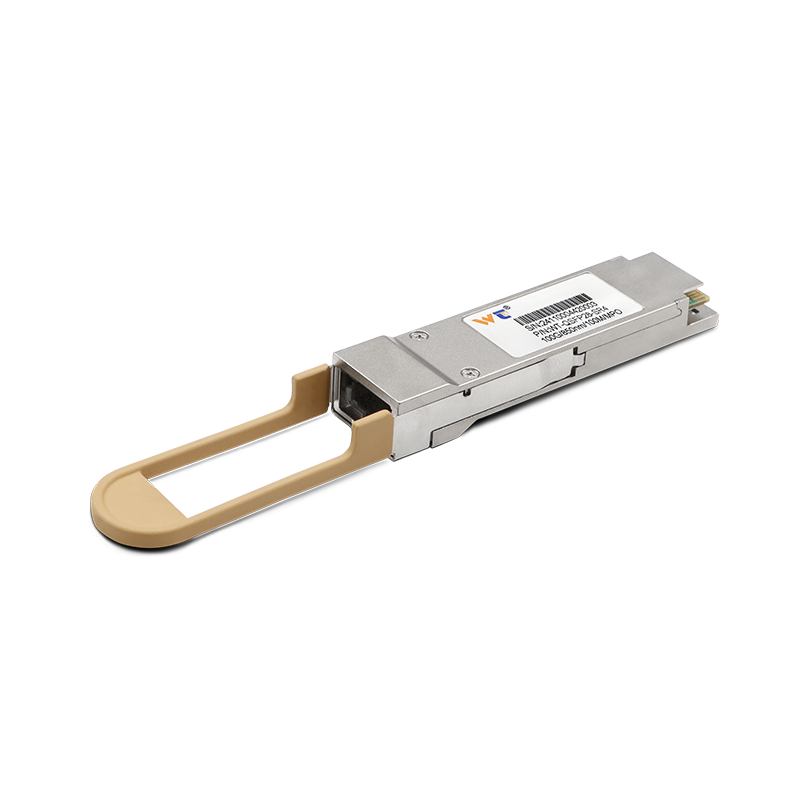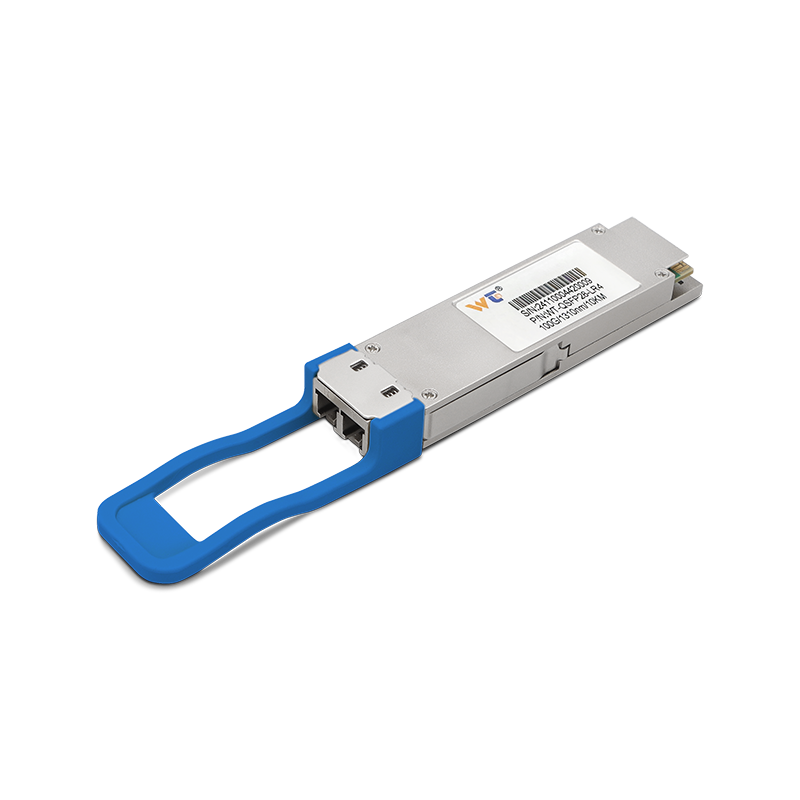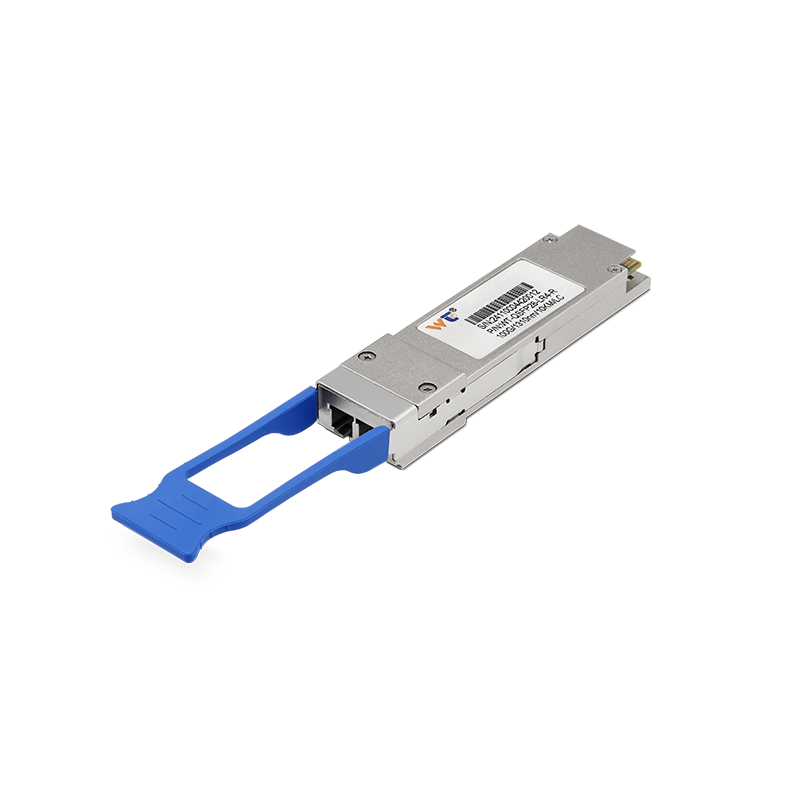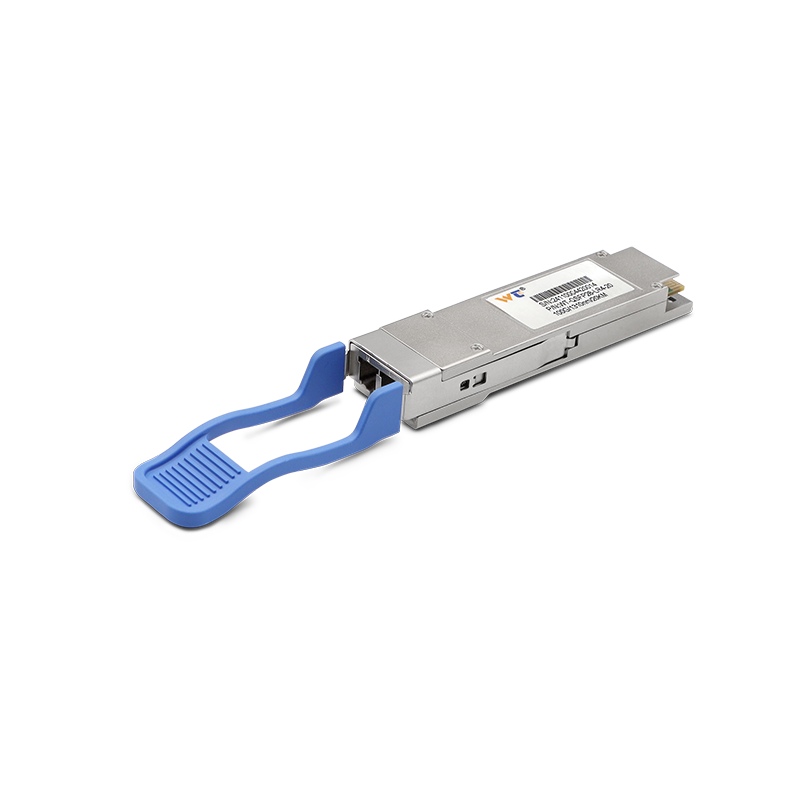In our fast-paced, tech-driven world, getting a grip on Virtual Private Networks (VPNs) is more crucial than ever if you want to keep your online life secure. You might’ve stumbled upon VPNs through buzzing tech blogs or trendy articles, but let’s take a moment to pause and truly unpack what they’re all about. Buckle up as we embark on this informative adventure to demystify VPNs, clear out any confusion, and empower you to use them like a pro.
So, first things first: what exactly is a VPN? Think of it as your digital cloak of invisibility. A VPN establishes a secure, encrypted tunnel over a less trustworthy network—yep, that includes the vastness of the Internet. This clever tech shields your data from prying eyes, ensuring your personal information remains confidential. The magic of VPNs lies in their ability to mask your IP address, let you skirt around regional restrictions, and keep your data locked up tight. People tap into VPNs for all kinds of reasons—whether that's sneaking into geo-blocked shows, protecting their sensitive info on pesky public Wi-Fi networks, or simply wanting to browse the web more anonymously. Grasping these essentials provides you with the confidence to traverse the often murky waters of the digital realm safely.
Now, let’s chat about why VPNs are becoming an absolute necessity in our daily online routines. Every time you hop online, you’re basically exposing your personal info to potential threats. We’re talking about ISPs (Internet Service Providers) keeping tabs on your online escapades, and the lurking cybercriminals creeping around on unsecured networks. By encrypting your data, a VPN turns your sensitive information into a jumbled mess that would leave any eavesdropper scratching their heads. Plus, VPNs open the doors wide for content that might be blocked depending on where you are, allowing for a much richer online experience. By understanding these facets, you really start to see how VPNs could drastically impact your privacy and autonomy in the vast digital landscape.
Now, as we dive deeper into the world of VPNs, several key concepts pop up that are critical to grasp. Let’s start with encryption, a fancy term that simply means scrambling your data up so unauthorized folks can’t decipher it. Tunneling, another term you’ll hear often, refers to the process of wrapping your data packets securely for safe travel through the internet. And we can't forget about VPN protocols! These are like the rules of engagement for how VPNs operate and secure your information; some of the popular ones include OpenVPN, L2TP/IPsec, and IKEv2. Each method has its pros and cons when it comes to speed and security, so it pays to pick the one that suits your needs best. By getting cozy with these terms, VPNs will start to feel a lot less mysterious!
Ready to dive into the actual process of using a VPN? Here’s a quick guide to help you start off on the right foot:
- Pick a VPN Provider You Trust: Do your research, weigh the pros and cons between free and paid options, and choose what fits your style.
- Download and Set It Up: After subscribing, grab that VPN app and install it on your devices.
- Tweak The Settings: Take a little time to adjust the settings according to your privacy comfort zone. Features like kill switches or DNS leak protection are worth keeping an eye on.
- Connect to a Server: Fire up the app and jump onto a server in the location you desire.
- Check Your Connection: Once linked up, use an IP checker to ensure your IP appears as if you’re browsing from your chosen server—this means you’re secure!
- Stay Vigilant: Make sure your VPN stays connected as you navigate the endless internet to keep your data secure.
If you nail these steps, you’ll soon be indulging in content from across the globe or feeling invincible while browsing at a café with sketchy Wi-Fi. Just imagine being able to explore every nook and cranny of the internet without a worry in the world!
Incorporating a VPN into your daily online habits can usher you into a safer, more private browsing experience. Plus, there are cool features like split tunneling and even installing a VPN on your router that can take your internet game to the next level.
Now, a common concern is: Are VPNs foolproof against hackers? The answer is a bit nuanced. While a VPN does encrypt your data, it won’t shield you from all forms of digital trickery, like malware or phishing schemes. So, layering on some extra cybersecurity measures is definitely the way to go.
It’s essential to remember that, while VPNs are fantastic for protecting your privacy and security, they’re most effective when paired with solid cybersecurity practices. Keeping your VPN software up to date, ensuring your devices are protected, and being mindful of your online habits will lead to enhanced safety.
Venturing into VPN technology can feel empowering—it’s about taking back control over your digital life and ensuring that your online activities stay under wraps. Your foray into the VPN world starts today, encouraging you to discover all the avenues these networks can open up for a safer online experience.
In wrapping things up, we’ve walked through the fundamental aspects of VPNs, exploring their crucial functions, types, and the misconceptions that often surround them. VPNs don’t just act as a protective barrier against outside threats; they also unlock an entire universe of internet freedom, free from geographical constraints. As our reliance on the online world for work, communication, and fun continues to grow, understanding how to utilize VPNs effectively becomes ever more significant. By adopting a pragmatic mindset, you can enjoy the full benefits of VPNs, all while staying attuned to their limitations. This insightful knowledge will pave the way towards a more secure, private, and liberated online journey.






